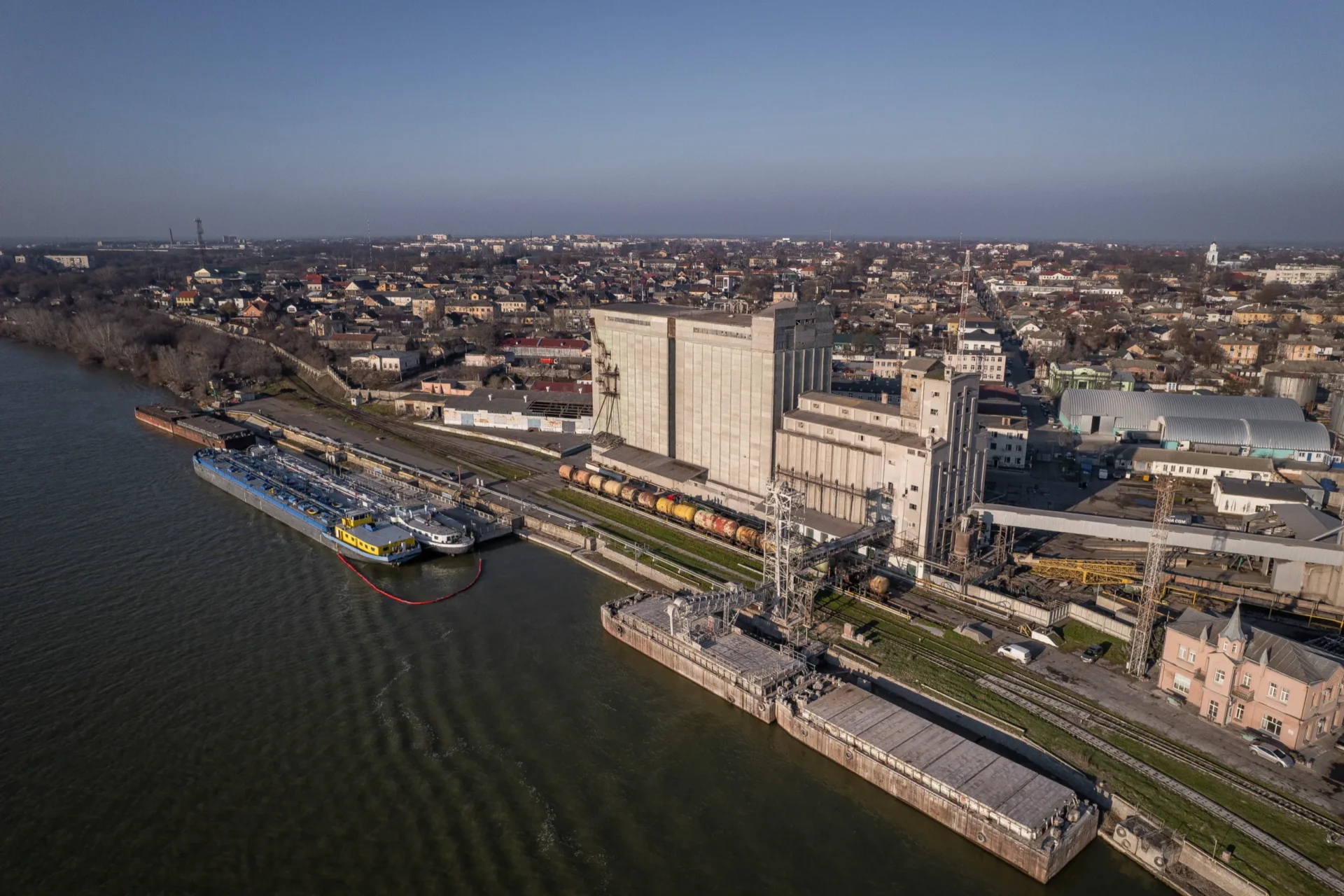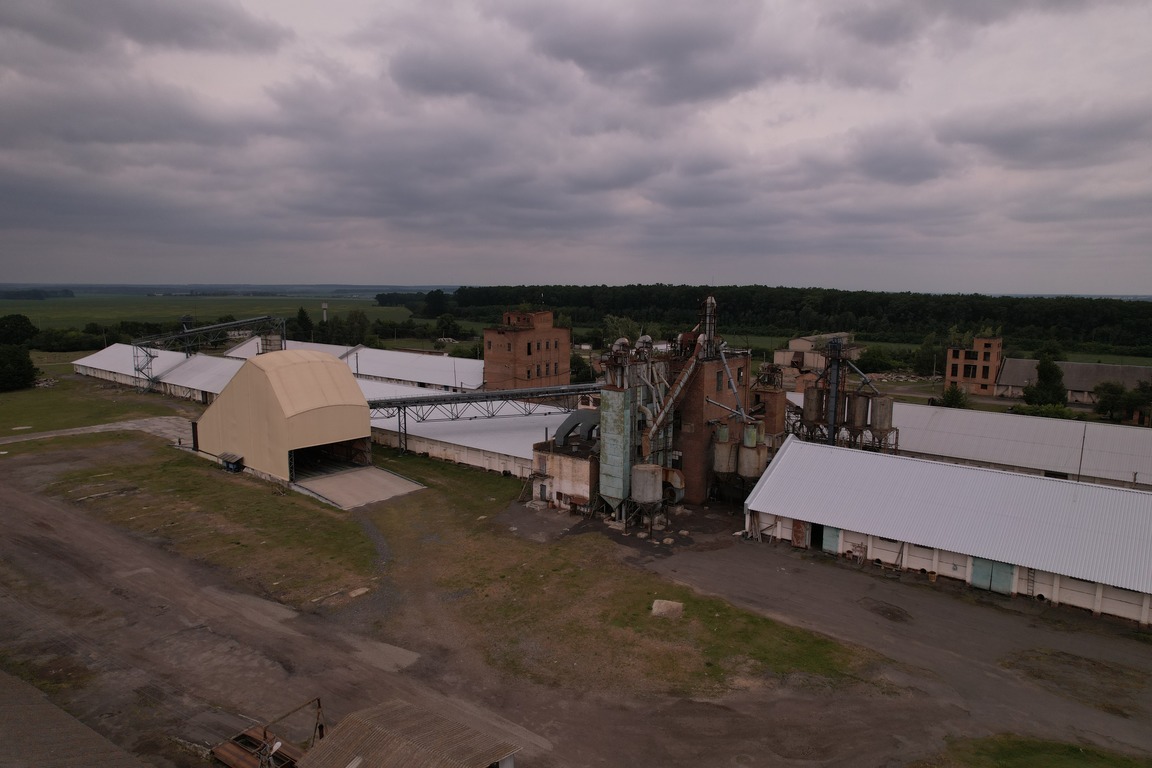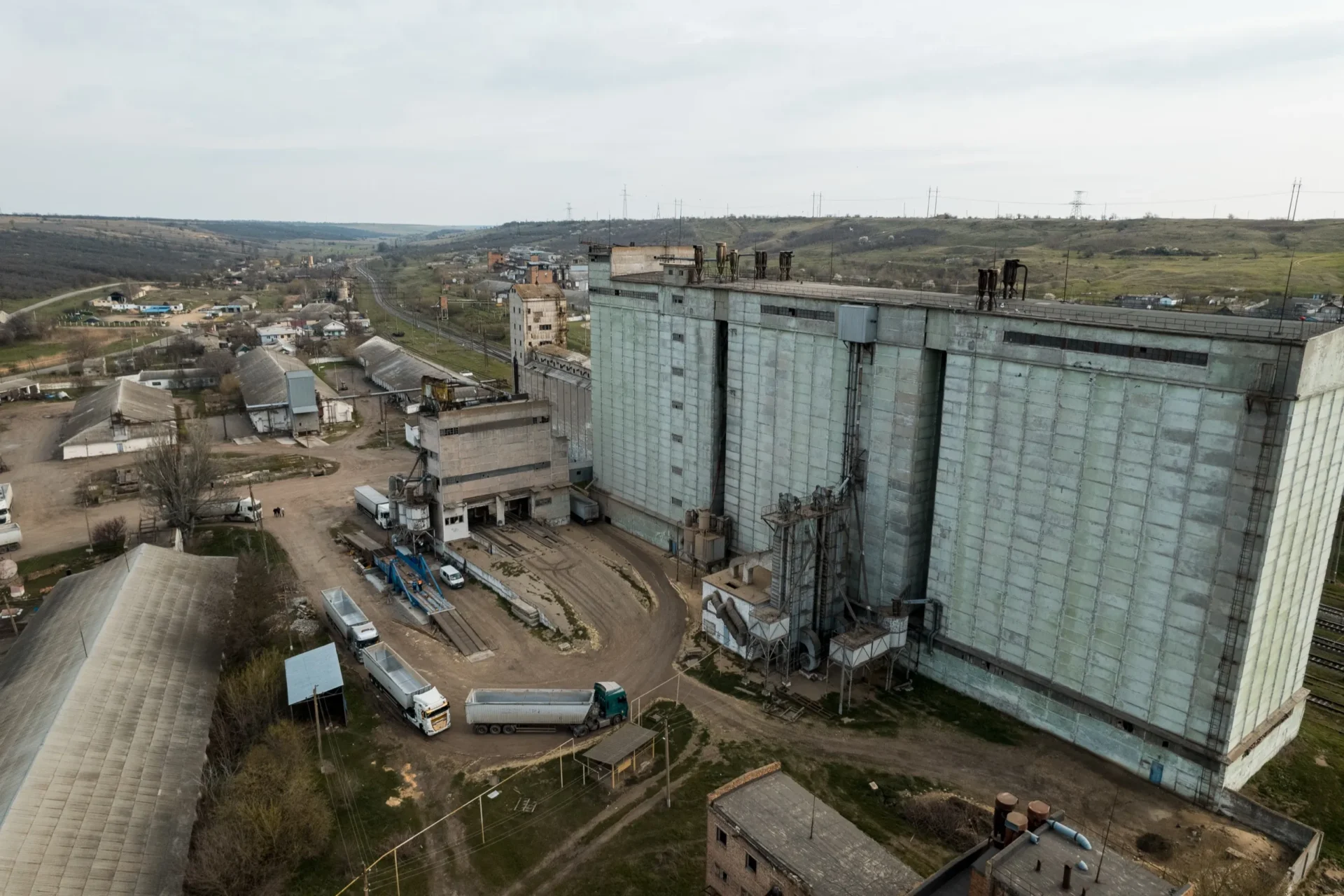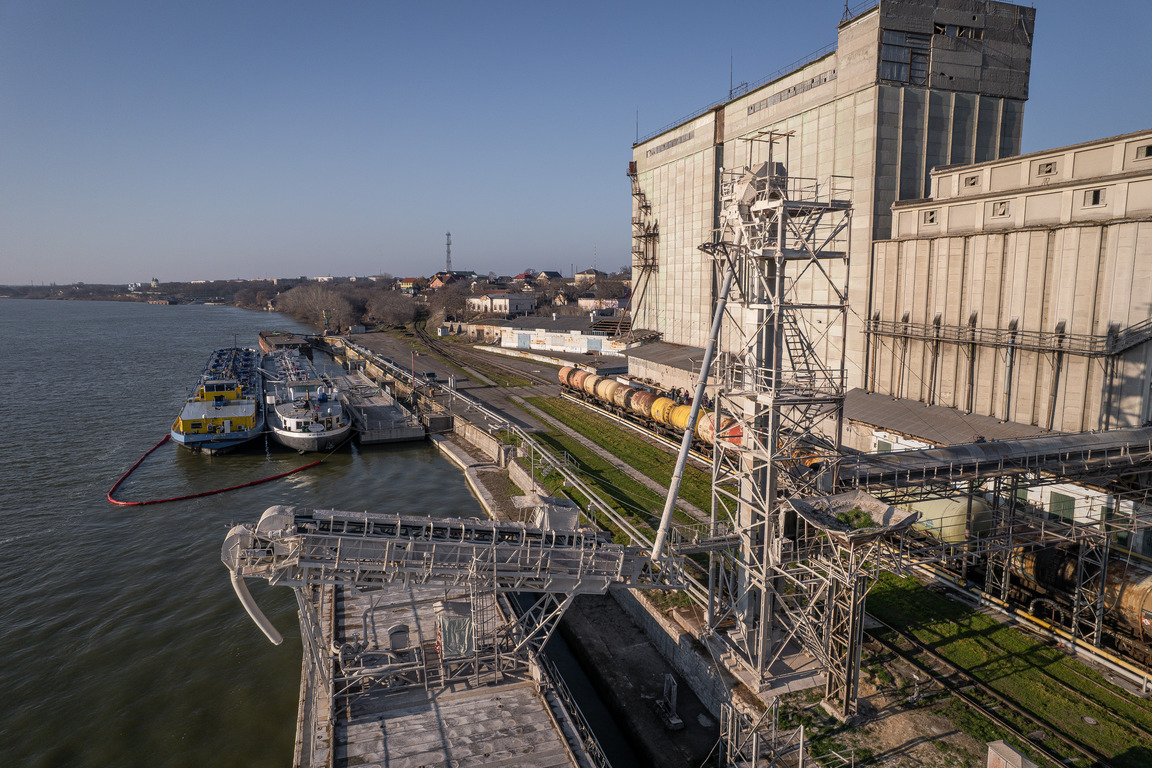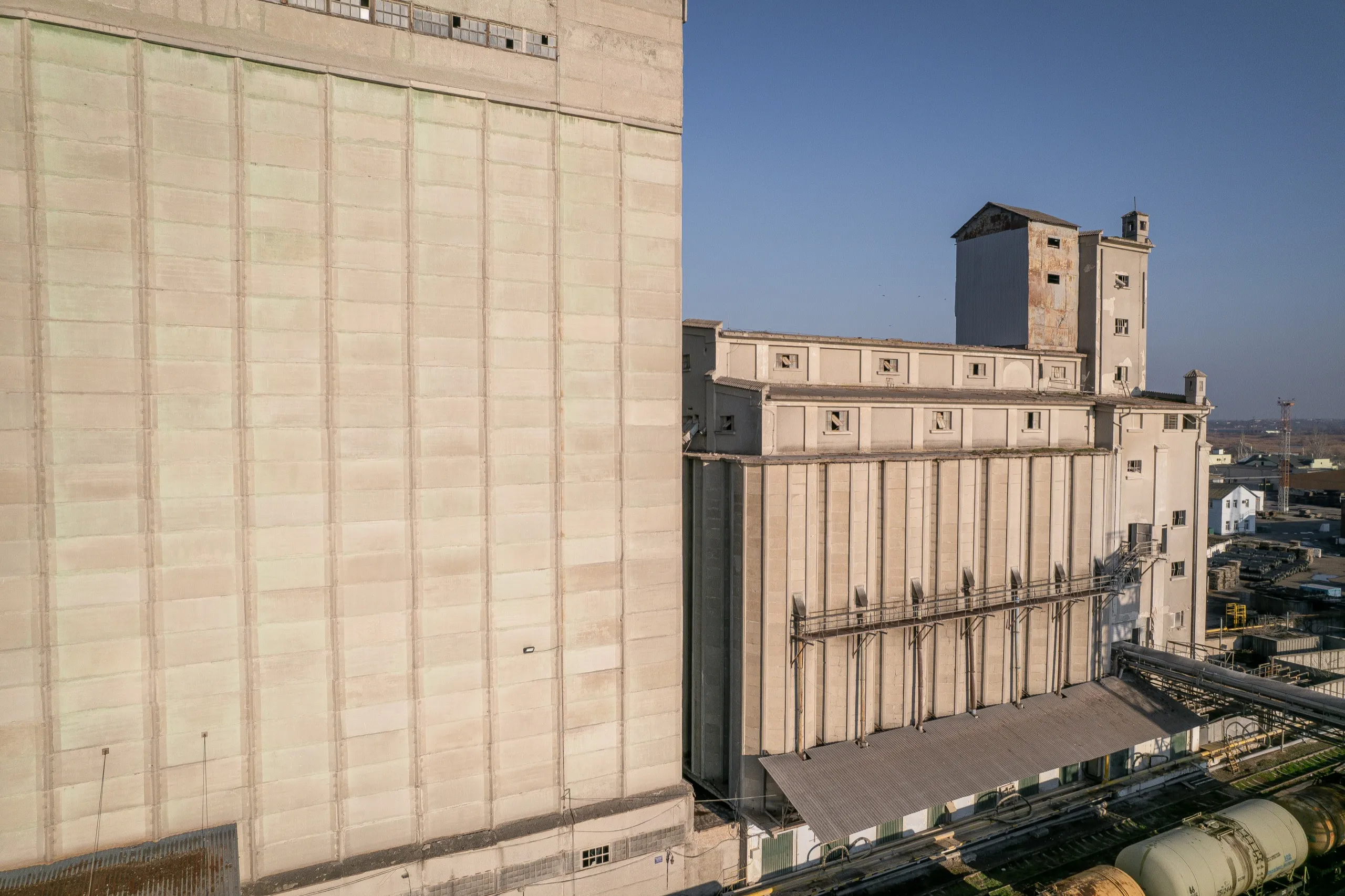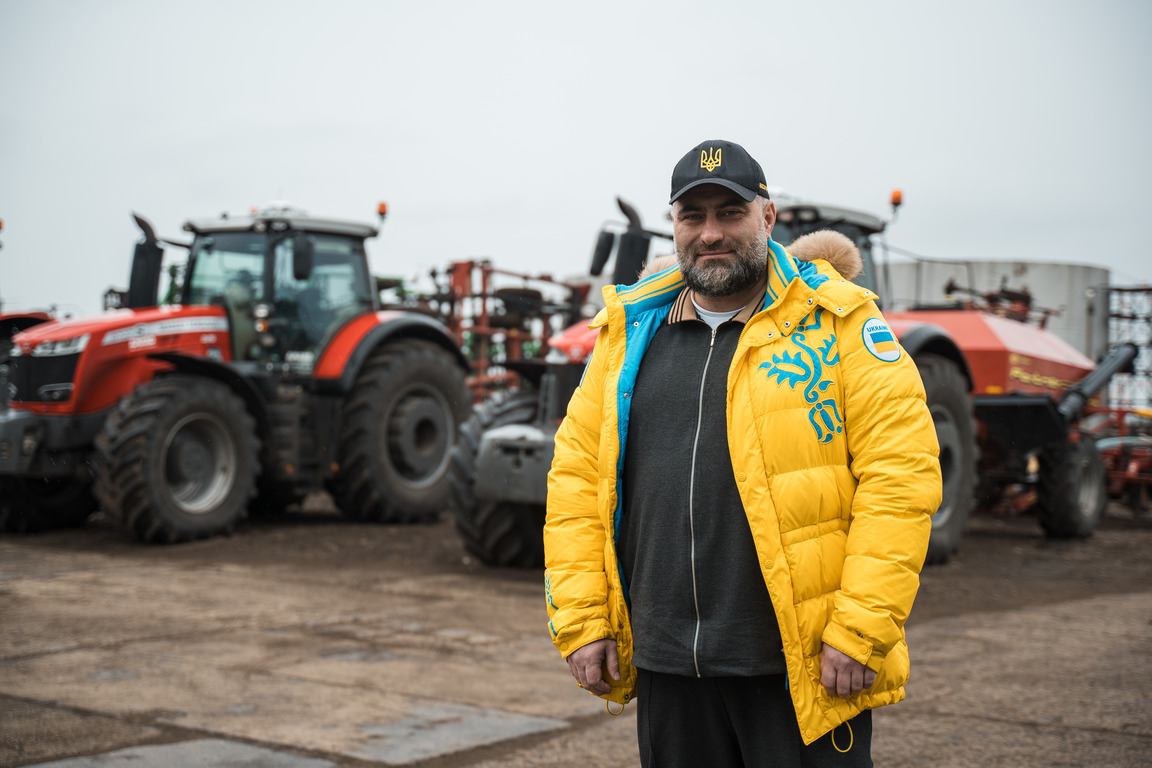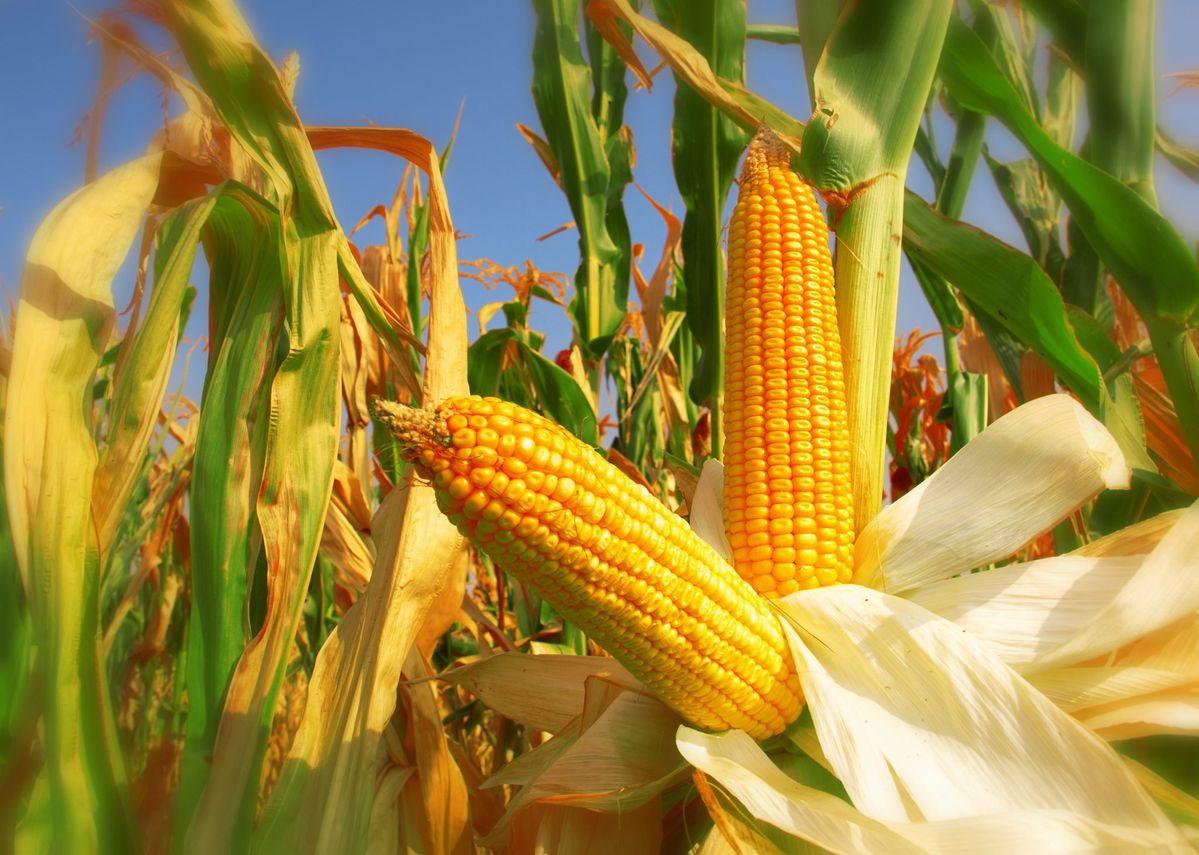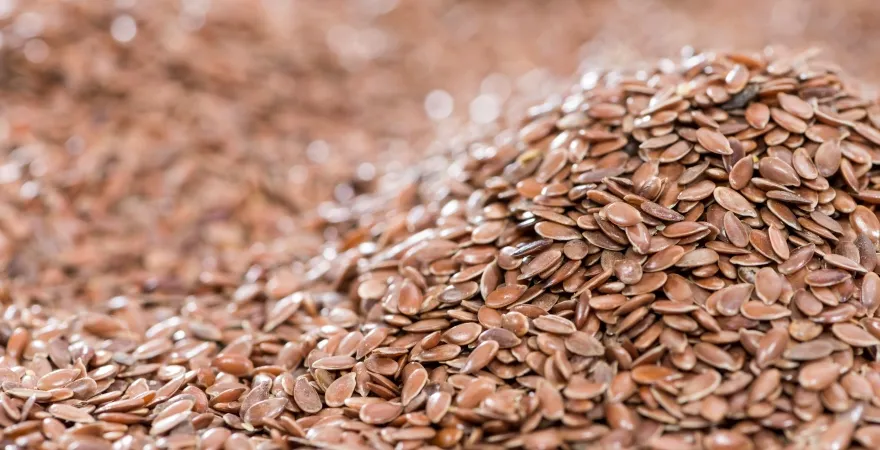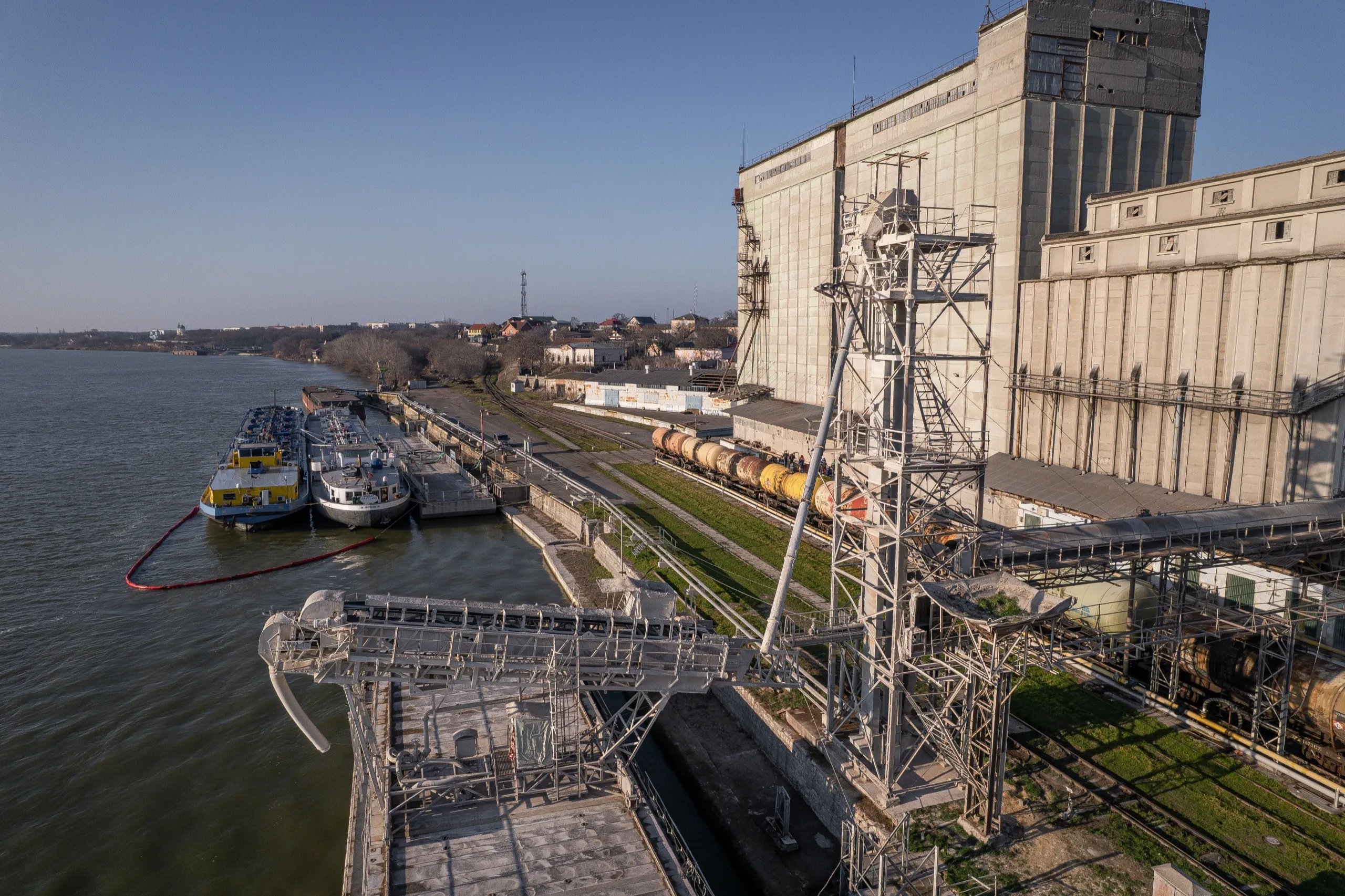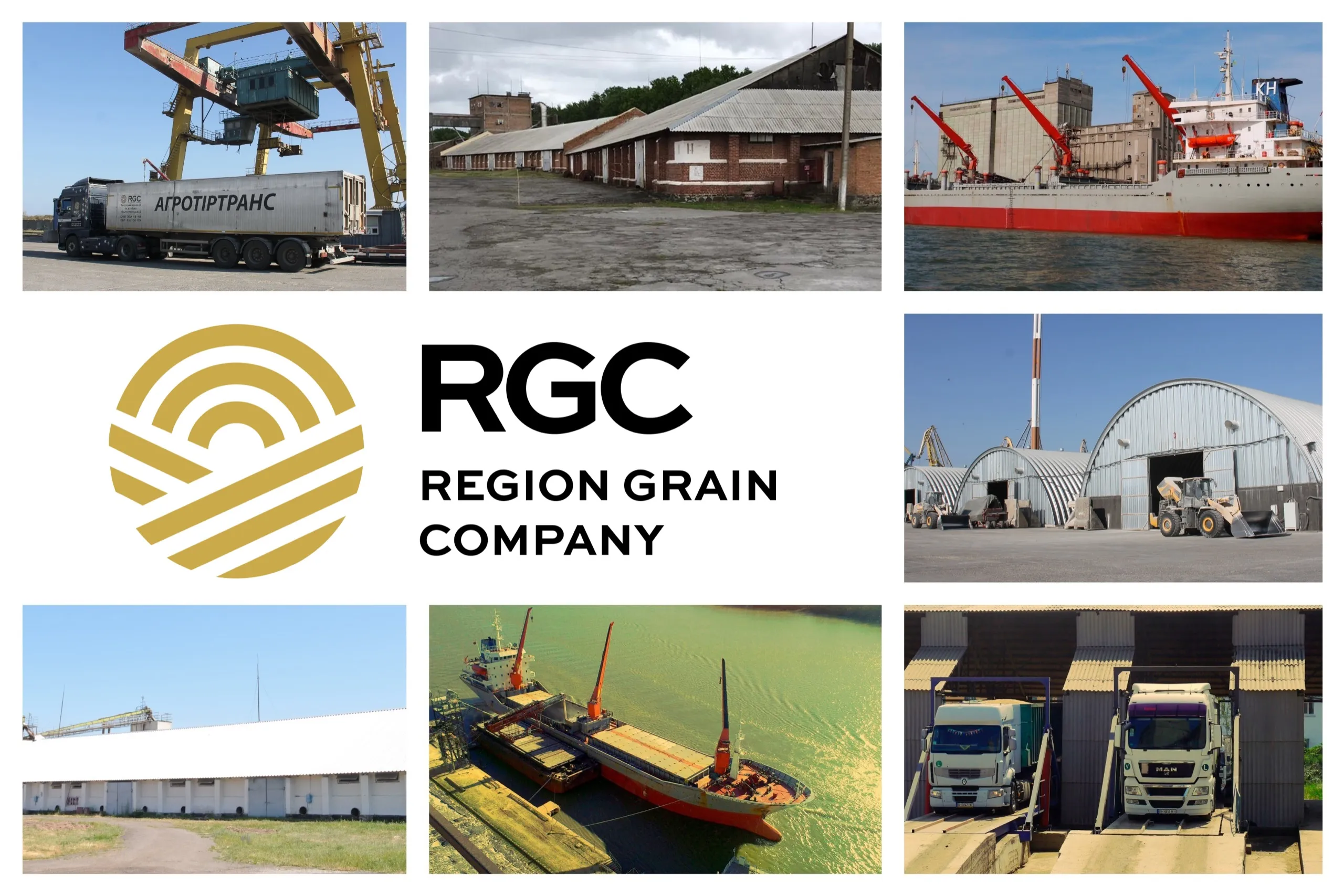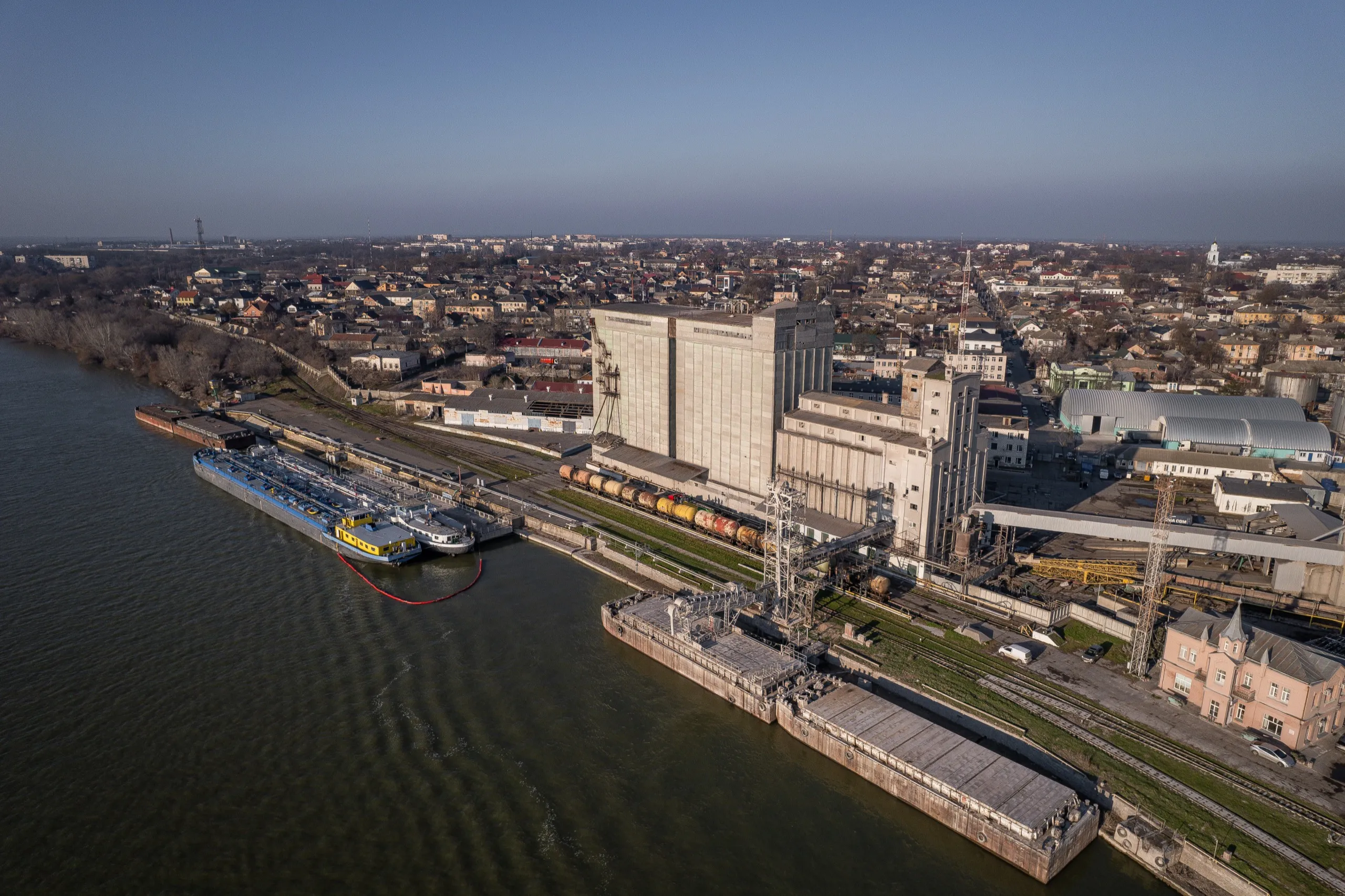The ABCD quartet sets the tone on the Ukrainian trading market. They are willing to work even at zero profit just to get their suppliers back. Meanwhile, non-core players who entered the market en masse in 2022 are leaving. Only those who really understand trading remain, explains Gennady Matkovsky, managing director of Region Grain Company AG in Ukraine. He adds that today, in order to seriously enter the trade and accumulate volumes, it is necessary to work with farmers proactively — providing them with seeds, fertilizers, and plant protection products before the start of the season in order to harvest the crop later.
We talked to him about why last season turned out worse than expected, why the company entered the Romanian and Moldovan markets and is looking at Kazakhstan, what awaits the elevator and transshipment market, and whether the rate will drop to $5/t, as in Constanta. We also discussed the quality of this year’s harvest and which Asian countries are showing the most interest in Ukrainian wheat.
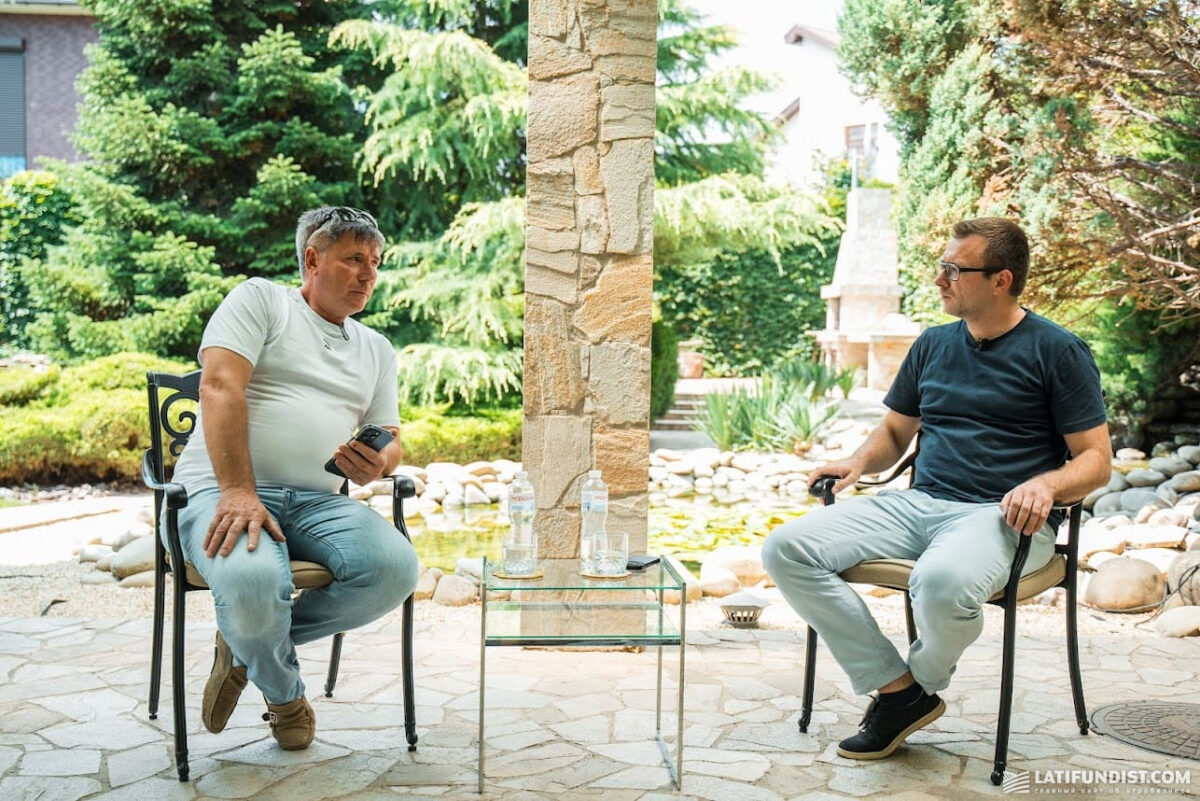
ABCD sets the tone for the Ukrainian trade market
Latifundist.com: A new marketing year has begun. How did the previous one end?
Gennady Matkovsky: Worse than expected. While we traded 1.5 million tons the year before last, last year we didn’t even reach a million. It was an unusual year. But we are not worried — we will make up for it this season. We changed our strategy a little and went into trade with Romania and Moldova.
Latifundist.com: Why did the volumes decrease? Poor harvest, lower margins?
Gennady Matkovsky: Yes, the margin narrowed significantly. The big players returned to the market, and the main volumes went to them. When the logistics “bottleneck” was narrow — the sea was closed, the work of multinational companies was limited — we pulled the cargo flow through ourselves, through the Danube ports, as much as possible. At that time, everything went through us. And now the situation has changed.
Latifundist.com: Do you understand the ABCD strategy? As far as I understand, they are willing to work even at zero profit in order to maintain their positions.
Gennady Matkovsky: That’s right — just to keep the market. They lost many of their suppliers and are now getting them back at the expense of price. Currently, it is ABCD that is shaping the pricing policy in the market.
Latifundist.com: How do you compete?
Gennady Matkovsky: We try to provide better services. We buy locally and make prepayments. We work quickly and flexibly.
Latifundist.com: With the start of the full-scale invasion, many new players from non-core businesses entered the market because the margins were high.
Gennady Matkovsky: And now they are gone. Only those who really understand trading remain.
Latifundist.com: So, the market has already been “cleaned up”?
Gennady Matkovsky: Not entirely, the process is still ongoing. There are companies that are trying to come up with something, to “catch the wave,” but with each quarter there are fewer and fewer of them.
Latifundist.com: What are your plans for trading this marketing year?
Gennady Matkovsky: We are aiming for a million tons. But everything will depend on the season. Harvesting is still ongoing in the south. In the Mykolaiv and Odesa regions, the yield is poor. Spring frosts, then drought — not the best year. Trade is still weak — farmers are in no hurry to sell. They are trying to store the grain either in their own warehouses or in elevators with a view to selling it in September–October.
Rapeseed was actively sold. Farmers were particularly eager to sell before the introduction of the “soybean-rapeseed” amendments. These funds are usually sufficient to cover the costs of harvesting and preparing the fields and to refrain from selling wheat until at least November.
Latifundist.com: Are you currently working with forward contracts?
Gennady Matkovsky: Usually, yes, but this year we decided not to go into forward contracts. We saw that the harvest would be protracted and the weather unstable, so we decided not to take any risks, and we won. Prices are now $10–15/t higher than they were in April–May.
About the future of the elevator market
Latifundist.com: Is your trade focused on elevators? I ask because Epicenter Agro, TAS Agro, and Continental Farmers Group are now actively entering the trading market. And most of them are building their trade around their elevators.
Gennady Matkovsky: We operate throughout Ukraine. The agricultural holdings you mentioned have land banks near their elevators. We only have land near the Berezivsky elevator. We do not have any land in the Vinnytsia region. For example, Epicenter Agro has land in the Vinnytsia region, where it also has a powerful elevator. It is logical that they are building their business around it.
Latifundist.com: What do you think the future holds for the elevator market?
Gennady Matkovsky: Nothing much will change — it will continue to move in the same direction.
Latifundist.com: And what awaits the powerful industrial elevators that are currently underutilized?
Gennady Matkovsky: Nothing good. They will continue to stand half-empty. You can see that companies that previously only engaged in the elevator business are now going under because they understand that without their own land bank, they will not be able to load themselves.
Latifundist.com: How full are your elevator capacities?
Gennady Matkovsky: We have about 200,000 tons of storage capacity, and it is 100% full. Some do two turns, some do one, some do only half a turn, but overall we are loading.
Latifundist.com: How much grain at the elevator is yours, and how much belongs to depositors?
Gennady Matkovsky: In Izmail and Berezivka, 90% of the grain is ours. In Vinnytsia, about 70% is ours and 30% belongs to depositors. There, we provide storage services and work with MHP, Zorya Podillya, and others.
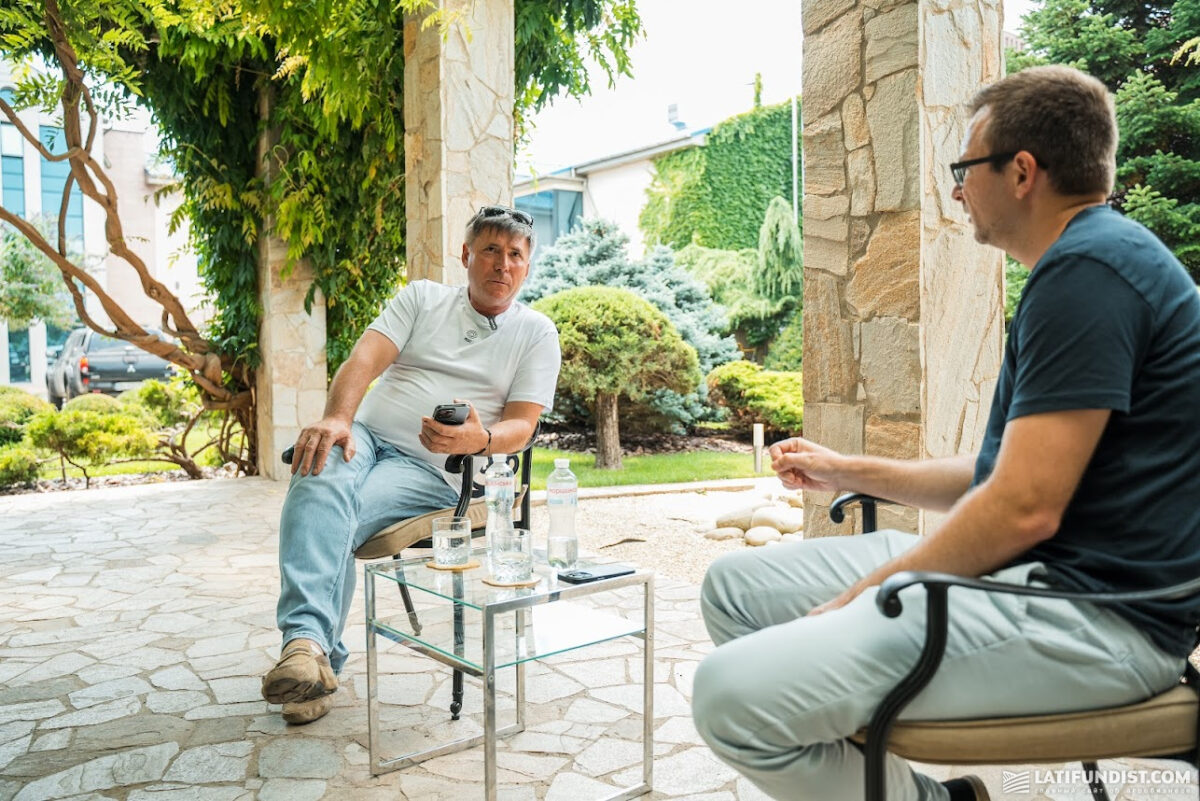
Nuances of trading in Romania and Moldova
Latifundist.com: But you have to agree that competition is intensifying. Could small and medium-sized traders disappear as a phenomenon?
Gennady Matkovsky: That’s right. Small traders will only work on CPT, as before. After all, many of those who previously worked on CPT switched to CIF when the Danube was operational. At that time, it was possible to join forces with two or three companies and ship 50,000 tons by barge. Now, this is no longer possible. “Low water” does not count. All tonnage has gone to “high water.” Cargo traffic on the Danube has fallen by 80%, if not more.
Latifundist.com: What share does the Danube currently occupy for you?
Gennady Matkovsky: About 10%. But we have changed our strategy: we have started buying Romanian and Moldovan cargo on FOB terms.
Latifundist.com: So you are gradually becoming an international trader?
Gennady Matkovsky: You could say that. There is little Ukrainian grain now, and farmers are holding back. So we are looking for other ways. We are still testing these markets, so the trade volumes there are small.
Latifundist.com: And how do you like it there, is it a different world?
Gennady Matkovsky: Not really. For example, there is no ABCD in Moldova. Due to various political circumstances, a window of opportunity has now opened there, allowing farmers and small Moldovan companies to trade, bring grain to us in Reni, or sell it in Moldova. We buy on CPT, DAP Izmail or Reni, or FOB Reni.
Latifundist.com: But they must have motivation to sell to you. Do you offer better prices?
Gennady Matkovsky: Yes, we offer competitive prices. But in general, the prices are about the same as ours. In Moldova, as in Romania, traders are left with a margin.
Latifundist.com: Is the trading culture in Romania different from that in Ukraine?
Gennady Matkovsky: We were interested in buying the first Romanian barley that appeared on FOB. We took it right away because there was an opportunity to sell it profitably. In general, the trade culture is the same as ours. If earlier our rapeseed went there from Ukraine, now there is very little. For example, COFCO even bought barges to transport Ukrainian rapeseed, but it hardly ever goes there.
Latifundist.com: Are you new to the Romanian market?
Gennady Matkovsky: We are already known there thanks to our volumes. We had normal transshipments in Romania, loading Panamax vessels there. By the way, we were the first to load Ukrainian Panamax ships in Romania. And we were the first to bring handysize ships to the Danube. We had eight transshipments at the time, and we handled them easily.
Latifundist.com: It seems rather paradoxical: Ukraine is the breadbasket of the world, but traders go to other countries for grain.
Gennady Matkovsky: We are simply seizing the moment. If there is an opportunity to earn a margin there, we earn it.
Latifundist.com: Is there such an opportunity now?
Gennady Matkovsky: No, I cannot say that it is consistently interesting to work there. There are periods when it is interesting.
Between CPT and CIF: how traders adapt to market realities
Latifundist.com: You expressed an interesting opinion that traders will return to CPT. Does this mean that CIF is no longer viable?
Gennady Matkovsky: No, to be profitable on CIF, you need to build something of your own at the destination. For example, in Spain or Italy, you can trade in trucks. Import grain, rent warehouse space, and sell from there. It works — that’s what multinationals do.
Latifundist.com: And is that what you do?
Gennady Matkovsky: Yes, we are already working on such a model. I can’t say exactly where — I’ll just say that it’s in Africa.
Latifundist.com: Aren’t you afraid of getting burned and having to bring back salt or oranges?
Gennady Matkovsky: No, we’re not afraid (laughs — ed.). We know what we’re doing.
Latifundist.com: So CIF makes sense if you manage the entire chain?
Gennady Matkovsky: Not exactly. It all depends on the situation. Today CIF is profitable, tomorrow — DAP. We adapt because sometimes DAP works even better. You need to constantly monitor the market, live in it.

Alternative markets for Ukrainian wheat
Latifundist.com: The end of last season was unusual. Farmers are not selling grain, domestic prices are rising, and traders are struggling with contracts. As a result, grain is more expensive in Ukraine than on the global market.
Gennady Matkovsky: That’s exactly the situation we were working with at DAP. We understood that we wouldn’t be able to sell at CIF.
Latifundist.com: I understand that this is partly because the Americans brought their corn to Spain?
Gennady Matkovsky: Not only in Spain, but also in Italy and Egypt. The Americans are now present there with both corn and wheat. They need to sell their goods somewhere, so their presence in these markets is already clearly felt.
Latifundist.com: When Europe returned the quotas, I spoke with Mykola Gorbachev, president of the UGA, and he noted that we need to look for new markets for wheat. In particular, those from which Russia has displaced us in recent years, such as Bangladesh and Pakistan.
Gennady Matkovsky: Bangladesh has already returned this season. Last year, they were almost absent, but now both Bangladesh and Vietnam are actively interested in Ukrainian wheat. There are many inquiries. So far, we are slightly below the price, but there is interest. Last season, there was practically none.
Latifundist.com: Because of dumping by the Russians?
Gennady Matkovsky: Exactly. They are dumping because they have longer credit leverage.
Latifundist.com: They are dumping, plus wheat has 12.5% protein. So are we completely out of these markets?
Gennady Matkovsky: They have cheaper money — they can offer buyers goods with deferred payment. Plus, they are dumping on price — that’s enough. To return to these markets, we need to be competitive. We continue to focus on these areas in our sales. It is too early to say who will dominate this season — Russians, Americans, or someone else. We will see when the market enters its active phase. But there are many requests from there.
About the quality of the new harvest
Latifundist.com: Do you trade with Europe? Has it become more difficult to sell there since the quotas were reinstated?
Gennady Matkovsky: We didn’t sell much to Europe this year. Most of our sales went to Africa. Of course, the return of quotas makes us less competitive, but we will still try. For us, the key European markets are Spain (for corn) and Italy (for wheat).
Latifundist.com: Do you export rapeseed to Germany?
Gennady Matkovsky: No, we trade rapeseed on DAP terms.
Latifundist.com: They say there is a problem with rapeseed oil content this year. What is the overall quality of the harvest?
Gennady Matkovsky: Yes, there is indeed a problem with rapeseed. But with wheat, it’s the opposite: high protein content, 13–14%. Wheat from the Odesa and Mykolaiv regions has very good indicators. There is almost no feed wheat, mostly food wheat. In the Mykolaiv region, the situation is slightly worse, but in the Odesa region, everything is fine. We will see what the Vinnytsia region will yield. The southern part of the region is already entering the harvest season, but the rains have slowed down the campaign a little.
Latifundist.com: Did the spring frosts affect you?
Gennady Matkovsky: Yes, they affected the yield. The wheat aborted: if there could have been 10 stems per bush, only 3-4 remained. This greatly affected the harvest.
Transshipment market
Latifundist.com: We have already mentioned Izmail. What do you think about the prospects for the Danube in general? It seems that it is currently a suitcase without a handle.
Gennady Matkovsky: Currently, only grain from Bessarabia is counted there, within a conditional 200 km. It makes no sense to transport grain there from central Ukraine when the “big water” is working. Railway logistics cost about $7/t, and the difference in transshipment is only $3/t, so it is not economically viable. It is quiet there now — there is no active traffic, mainly fuel cargoes and tankers.
Latifundist.com: You also have warehouses in Chornomorsk. Do you have access to water? Do you have port operator status?
Gennadiy Matkovskiy: We do not have port operator status — it is a state port, and one of its conditions is that only it can be the port operator. We work with our own equipment and our own people, but we pay for the services of the port operator. We have access to berths No. 8 and No. 9 through the port. We load large vessels through the port, using its cranes and infrastructure. However, we load vessels up to 30,000 tons on our own.
Latifundist.com: What do you think will happen next with the transshipment market? Prices are falling.
Gennady Matkovsky: Yes, transshipment prices are falling. I think we will return to the level of Constanta — somewhere around $5/t. We currently have a surplus of capacity.
Latifundist.com: Perhaps this is a temporary phenomenon, given that there is less grain now?
Gennady Matkovsky: Look, we lost part of our land due to the occupation and hostilities, and that’s about 20%. The port of Mykolaiv is not working. Mariupol and Berdyansk are under occupation, although the latter was not a major player. But even without these ports, Greater Odessa is coping with the volumes. And there is still more capacity than is needed. Major players such as TIS, M. V. Cargo, Transbalkterminal, IZT, Olimpex, and RISOIL cannot fully utilize their capacities
Latifundist.com: Are you competing with them? For example, Shota Khadzhishvili, co-owner of RISOIL, said that he was annoyed by the situation where he had invested a lot of money in infrastructure, but new players came in without serious investments and also started loading cargo. He said that there should be some kind of state regulation. On the one hand, it’s good that there is competition, but on the other hand, his position is understandable.
Gennady Matkovsky: We only handle our own cargo. But the new players have not taken a large share of the market — we are talking about a maximum of 10–15%. This is not critical.
Latifundist.com: At $5/t, operators will be counted…
Gennady Matkovsky: …RISOIL, IZT, and TIS — yes. For small transshipments, it is already unprofitable. If the rate drops to this level, we will also go to large terminals for loading, because it will be more economically feasible.
Latifundist.com: I remember talking to one of the major port operators a few days before the war started, and he said that at $4/ton, it was still profitable.
Gennady Matkovsky: Yes, it earns about 50 cents. The cost price at large terminals is approximately $3.5/ton.
Latifundist.com: Have you considered purchasing your own vessel?
Gennady Matkovsky: We have a barge. Our partner has his own vessel. Therefore, we do not see the point in purchasing another one at this time.
Support for farmers, grain for traders
Latifundist.com: I would like to conclude our conversation by discussing the prospects for the trading market. I spoke with Oleg Zapletnyuk, CEO of Tas Agro, and he believes that trading will likely follow the path of the sugar industry. This means that agricultural holdings will enter the trade themselves and begin to accumulate grain, building long-term relationships with farmers: providing seeds, agricultural expertise, etc. — that is, support throughout the entire cycle.
Gennady Matkovsky: This is partially true. And it was like this before. If you want to seriously enter the trade and accumulate volumes today, you will have to work with farmers proactively: provide seeds, fertilizers, plant protection products — even before the season, in order to then harvest the crop.
Latifundist.com: Prometey has already tried to work this way through its Agromarkets. Have you thought about something similar?
Gennady Matkovsky: We did this back in 2000. And even in 1998. We bought diesel fuel in bulk, distributed it to farmers for the harvest, and then received grain in return. However, we continued to harvest this grain for another two years.
Latifundist.com: What about expansion — are you thinking of expanding your trade to other European markets?
Gennady Matkovsky: Right now, we are more interested in Kazakhstan. We are not considering the European market yet.
Latifundist.com: I have heard many stories about how everyone is attracted to the vastness of Kazakhstan — endless wheat fields, potential. But then many people give up — they overestimated the market.
Gennady Matkovsky: It all depends on the approach. You just need to enter this market correctly.
Konstantin Tkachenko, Natalia Rodak, Latifundist.com
